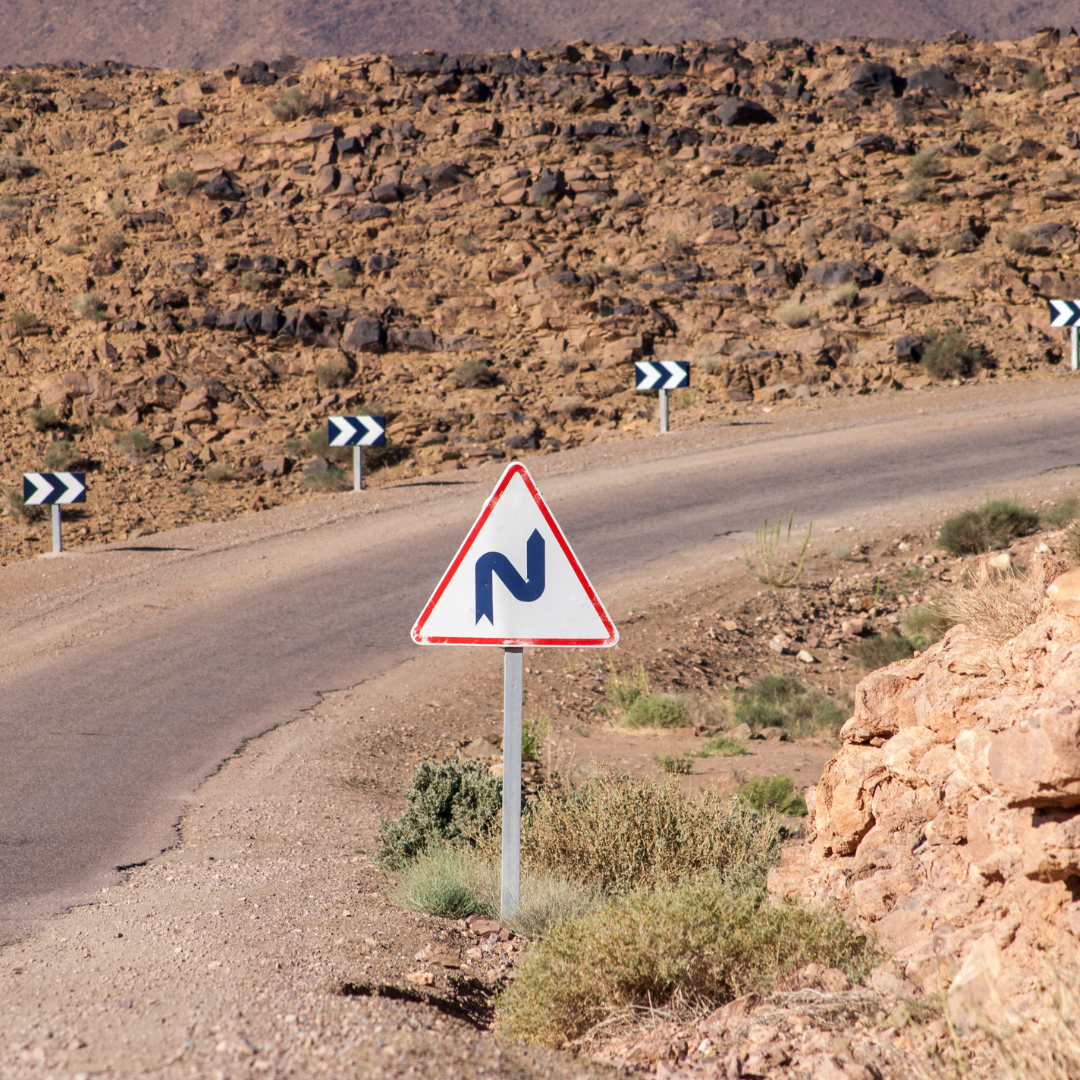Things You Should Know Before Renting a Car & Driving in Morocco
Morocco is a beautiful country famous for many other things besides its excellent surfing beaches. Other famous places in the country include:
- The port city of Essaouira
- The bustling capital city of Rabat
- The breathtaking city of Fez
Casablanca and Marrakech are also very popular tourist destinations. If you are planning on staying in any of those cities, you definitely should consider renting a car during your stay so that you can fully experience the country.
Here Are The Facts You Need To Know Before Renting & Driving in Morocco:
You Will Need an International Driver’s License
If you’re scheduling a trip to Morocco or want to explore the country by car, you’ll want to know that renting a car in Morocco requires an International Driver’s License. Surprisingly, renting a vehicle in Morocco is pretty easy, and if you’re from an EU country, you shouldn’t have any problems getting your license.
Get a Small Map or Road Atlas
If you are planning on renting a car and driving in Morocco, you should know a few things beforehand. The roads in Morocco are not in the best condition, and the standard car is not much bigger than the Mini Cooper. You also have to be aware of the fact that most roads do not have the same traffic regulations as in Europe. Many Moroccans still drive the way they did generations ago, and it is common to see people driving on sidewalks without respecting traffic lights or driving on the wrong side of the road. So, if you are planning on driving in Morocco, you should be prepared and cautious
Know Your Address
You will definitely need your Moroccan address if you rent and drive in Morocco. The car rental company will ask you for your driver’s license, passport, and address. Everything you need to do this and where you need to go is printed on your rental papers. You’ll get a map showing you exactly where you need to go and have to write down where you’re staying. The car rental companies also give you the hotel address you gave them, as well as the address of the drop-off location.
Rent a Car with A Chauffeur
Hiring a chauffeur or a driver is not required to rent a car in Morocco. However, it is highly recommended to do that. Chauffeurs will pick you up at the airport, take you to your hotel, and drop you off there when you return. The cost of hiring a chauffeur is affordable and is more than worth it. It is well worth the extra money since you will be comfortable and safe on the road.
Learn A Few Words of Arabic Before You Arrive
Yes, you should learn a few words of Arabic before you arrive in Morocco. The reason is that you’re going to interact a lot with Moroccan people.
Confirm the Validity of The Insurance
Like virtually any other country, Morocco requires drivers to have a car license and proof of auto insurance in order to rent a car and drive in the country. But unlike some countries, Morocco also requires that drivers have their home addresses on record. This is likely because the country is so rural, with very few road signs and major highways. Renting a car there isn’t as easy as renting a car in the U.S.: be prepared to show your passport and home address to rent a car and drive in the country.
Know What Kind of Roads Await You
Driving in Morocco is quite an experience. With potholes, narrow roads, and a lack of speed bumps, cars and motorcycles slip and slide all the time, and onlookers sometimes help traffic move. Drivers seem to manoeuvre, overtake and negotiate their way through traffic using accepted Moroccan practices.
Moroccan driving laws are very strict, and it is important that before you decide to rent a car and drive in Morocco, you thoroughly research what the laws are there. Renting and driving in Morocco is pretty straightforward, especially if you drive a stick shift. Drive on the left side of the road there, as in the United States. When driving, the speed limit is 80 miles per hour on highways and 50 miles per hour in towns. All Moroccans, including women, must wear a seatbelt, and you must wear a seat belt while in a car, with the exception of bus drivers. All drivers must carry and wear a reflective jacket.

